When Do Pregnancy Symptoms Start?
One of the first questions women often ask after trying to conceive is: “When do pregnancy symptoms start?” The answer isn’t the same for every woman — or even every pregnancy. Some women notice subtle changes within a few days of conception, while others may not experience symptoms until several weeks later.
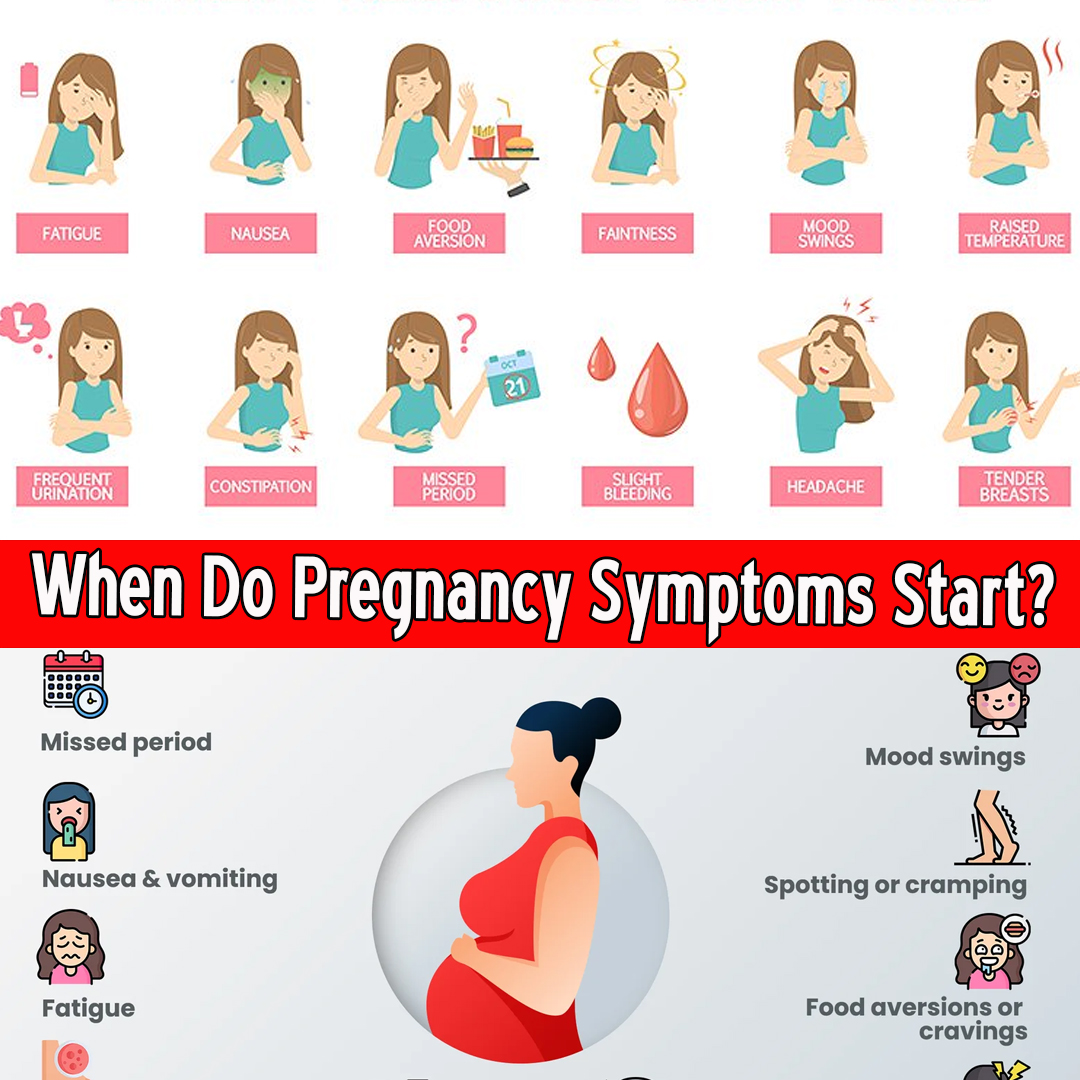
When Do Pregnancy Symptoms Start?
Pregnancy symptoms vary widely in onset, intensity, and type, influenced by hormonal shifts, sensitivity to body changes, and individual health conditions. Understanding when pregnancy symptoms begin — and what they look like — can help with early detection, better health choices, and timely medical guidance.
This essay explores the timeline of pregnancy symptoms, early signs you may notice before a missed period, common first-trimester symptoms, and when to consult a healthcare provider.
| Read more – How Much Weight Should I Gain During Pregnancy? |
1. Overview of Pregnancy Symptoms Timeline
Pregnancy is divided into three trimesters, each marked by a distinct pattern of physical and hormonal changes. However, the first signs of pregnancy can begin as early as 1–2 weeks after conception, though this varies from person to person.
| Pregnancy Stage | Symptoms May Start |
|---|---|
| Fertilization | Day 0 |
| Implantation | 6–12 days after ovulation |
| Hormonal changes | Days 7–14 after conception |
| Missed period | Around day 28 (for 28-day cycles) |
| Stronger symptoms | Week 5–6 of pregnancy |
2. Key Pregnancy Milestones and Hormonal Shifts
Understanding when symptoms start means understanding what’s happening biologically:
- Ovulation: Day 14 of a typical 28-day cycle.
- Fertilization: Within 24 hours of ovulation.
- Implantation: Occurs 6–12 days after ovulation — this is when the fertilized egg attaches to the uterine wall.
- hCG Production: Begins after implantation. Human chorionic gonadotropin (hCG) is the hormone detected by pregnancy tests and triggers many early pregnancy symptoms.
- Progesterone and Estrogen: Continue to rise, sustaining the uterine lining and causing symptoms like nausea, fatigue, and bloating.
3. Very Early Pregnancy Symptoms (Before a Missed Period)
Some women notice signs even before their expected period:
A. Implantation Bleeding
- Occurs in 20–30% of women
- Light spotting 6–12 days post-ovulation
- Often pink or brown in color
- Lasts 1–3 days (lighter than a period)
B. Cramping
- Mild, period-like cramps due to implantation
- Usually on one side of the lower abdomen
C. Fatigue
- Sudden and intense tiredness
- Caused by rising progesterone
D. Breast Changes
- Soreness, heaviness, tingling
- Darkened areolas and visible veins
E. Mood Swings
- Emotional sensitivity or irritability
- Triggered by hormone changes
F. Bloating and Gas
- Early digestive slowdown due to progesterone
Note: These symptoms often mimic PMS, so tracking and testing are crucial.
4. Pregnancy Symptoms: Week-by-Week Breakdown
Week 1–2: Not Technically Pregnant
- These weeks are part of your menstrual cycle before ovulation.
- Pregnancy is measured from the first day of your last menstrual period (LMP), not from conception.
3: Fertilization
- Fertilization occurs in the fallopian tube.
- No noticeable symptoms yet, though subtle fatigue or bloating may appear in some.
4: Implantation & Early Signs
- hCG starts rising.
- Light spotting, cramps, mood changes may begin.
- Breast tenderness and fatigue intensify.
5: Missed Period
- Often the first real sign.
- Positive urine pregnancy test possible.
- Nausea or morning sickness may start.
6: Symptoms Strengthen
- Nausea and vomiting increase.
- Breast fullness, food aversions, and frequent urination appear.
- Hormones rapidly surge.
5. Common Early Pregnancy Symptoms in Detail
A. Missed Period
- Most obvious and reliable early symptom.
- Should be followed by a pregnancy test.
B. Nausea and Morning Sickness
- Begins around week 5–6, peaks around week 9.
- Can occur any time of day.
- Triggered by hCG and estrogen levels.
C. Frequent Urination
- Uterus presses on the bladder.
- Starts as early as week 4–6.
D. Food Cravings or Aversions
- Sudden dislike for favorite foods.
- Strong craving for specific tastes (salty, sweet, sour).
E. Heightened Sense of Smell
- Scents that were once pleasant may trigger nausea.
F. Constipation
- Progesterone slows digestion.
- Drinking water and fiber intake are key.
G. Basal Body Temperature (BBT)
- If you track BBT, you may notice it remains elevated beyond 16 days post-ovulation — a likely sign of pregnancy.
6. How Soon Can You Take a Pregnancy Test?
- Most home pregnancy tests detect hCG levels after missed periods (~14 DPO).
- Early detection tests claim accuracy 6 days before your period, but false negatives are common.
- For reliable results, test on the first day of your missed period.
7. Factors Influencing When Symptoms Begin
A. Individual Sensitivity
- Some women are more hormonally sensitive and notice changes earlier.
B. First vs. Subsequent Pregnancies
- First-time moms may notice symptoms later.
- Experienced moms may detect earlier due to familiarity.
C. Hormonal Levels
- Higher hCG levels (as in twins) may trigger stronger, earlier symptoms.
D. Health Conditions
- Thyroid problems, PCOS, or stress can alter symptom onset or mask them.
8. No Symptoms — Is That Normal?
Yes. Some women have no symptoms until week 6–8, and a few may never experience strong symptoms at all.
This doesn’t mean anything is wrong. What matters more is the development of the embryo seen in early scans and hCG doubling patterns in blood tests.
9. Early Pregnancy vs. PMS Symptoms
| Symptom | PMS | Early Pregnancy |
|---|---|---|
| Breast tenderness | Common, fades after period starts | Intense, increases post-missed period |
| Cramps | Moderate, before period | Mild, post-implantation |
| Mood changes | Irritable | Emotional, teary |
| Appetite changes | Cravings common | Strong aversions + cravings |
| Nausea | Rare | Common (especially mornings) |
| Bloating | Yes | Yes, but more persistent |
| Fatigue | Occasional | Constant, overwhelming |
10. When to See a Doctor
Contact your healthcare provider if:
- You have a positive test and want confirmation or early scan.
- You’re unsure about symptoms or have severe pain or bleeding.
- You experience sudden symptom loss after a confirmed pregnancy.
- You want advice on prenatal vitamins and nutrition.
Early prenatal care improves outcomes for both mom and baby.
11. False Signs of Pregnancy
Not all symptoms mean pregnancy. Some possibilities include:
- Stress: Can delay periods and mimic symptoms.
- PCOS or hormonal imbalances: Cause bloating, mood swings, acne.
- GI issues: Nausea, bloating, and gas.
- Early miscarriage/chemical pregnancy: hCG rises briefly, then drops.
To be sure, rely on repeat pregnancy testing, blood hCG, and ultrasound.
12. Emotional Signs and Intuition
Some women report a “gut feeling” or emotional awareness before any physical sign. While not medically proven, maternal instinct has value and shouldn’t be ignored. If you feel different, listen to your body and take a test.
Conclusion
Pregnancy symptoms can begin as early as one week after conception, though most women notice them between weeks 4 and 6. The first signs — like implantation bleeding, fatigue, breast changes, or nausea — are often subtle and easy to confuse with PMS.
Every woman’s body reacts differently, and the absence of symptoms is not a sign of trouble. Understanding the early timeline, knowing what to look for, and staying attuned to your body helps you catch pregnancy early and seek appropriate care.
The best way to confirm pregnancy is with a positive test and follow-up care, but trusting your observations is often the first, and most powerful, sign of new life beginning.

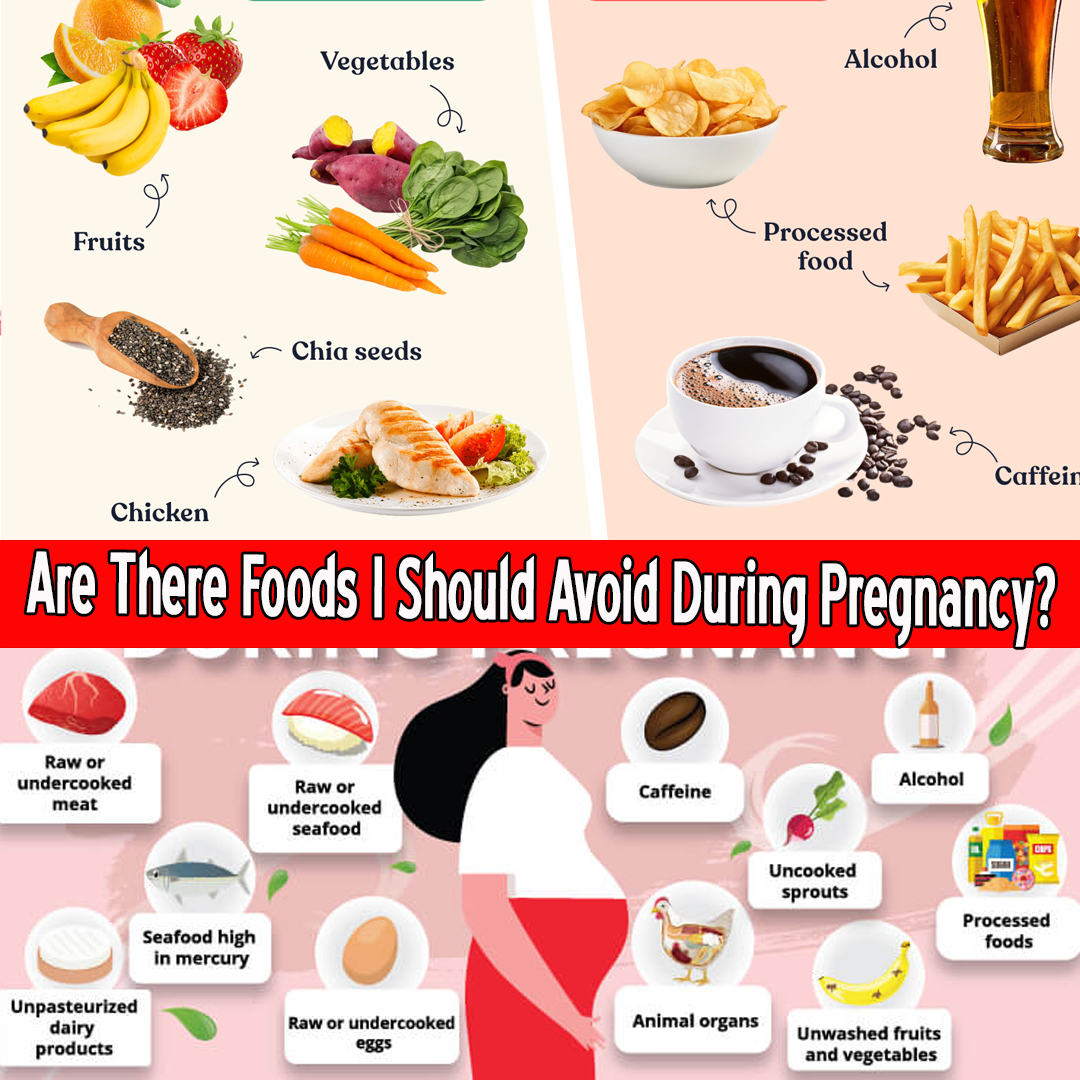
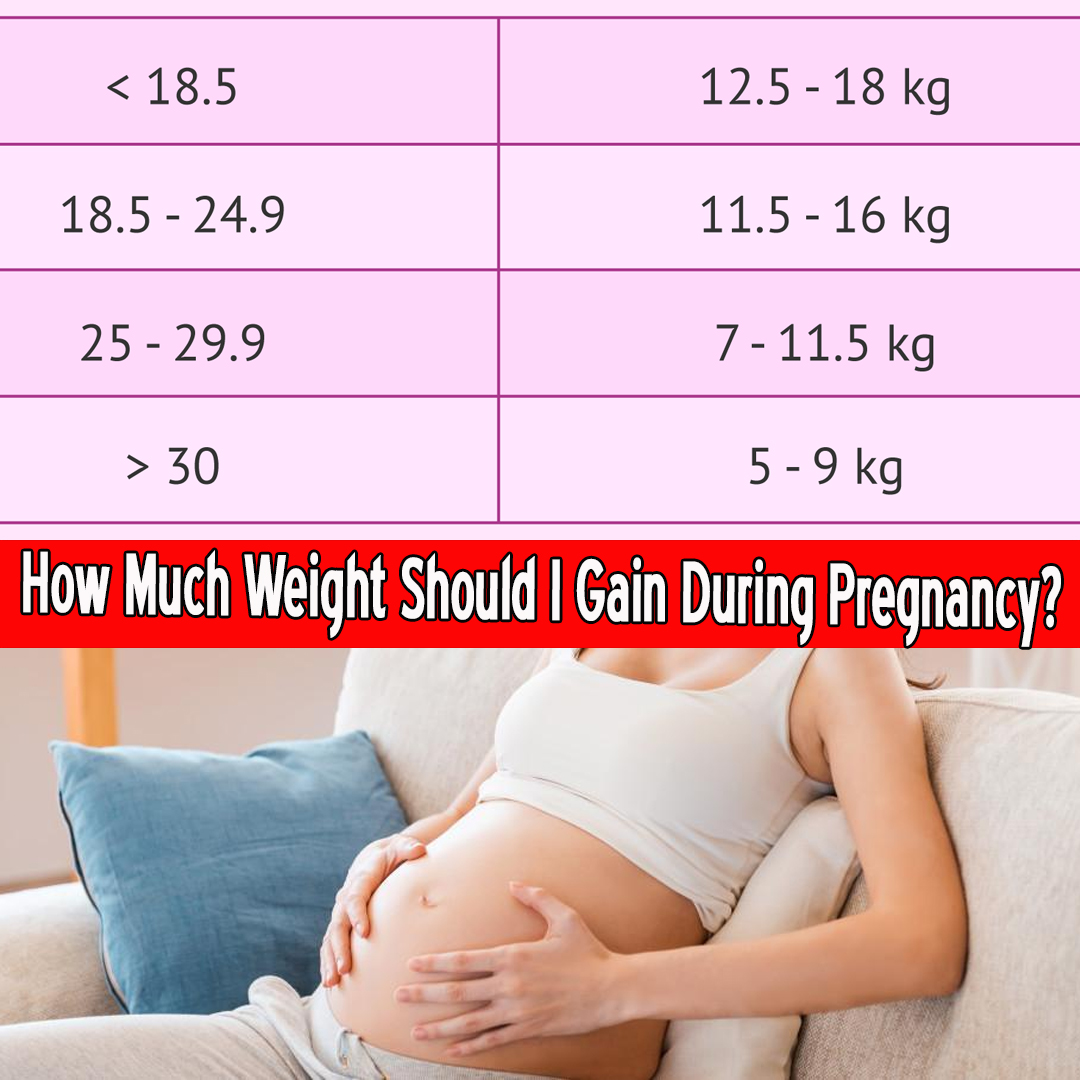

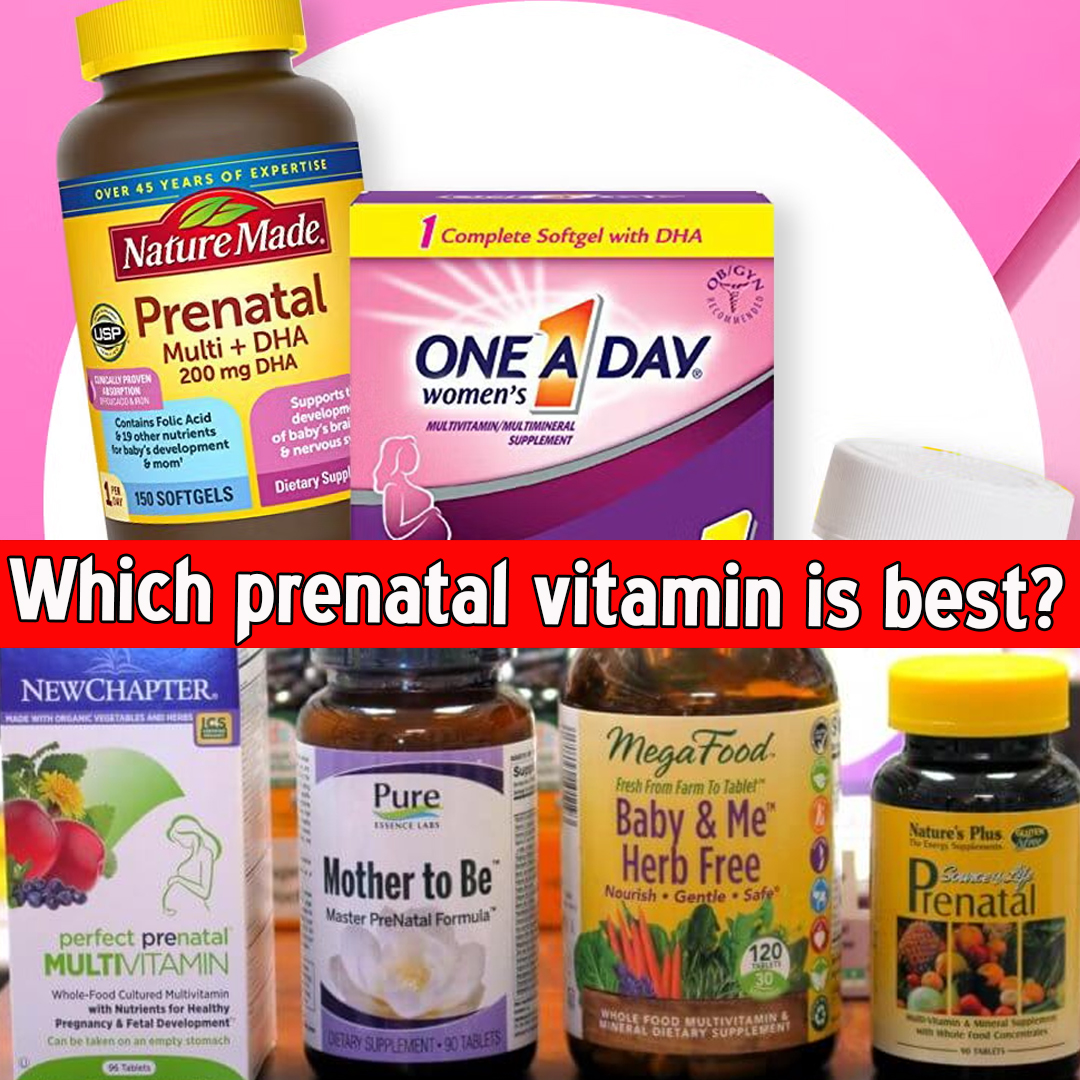
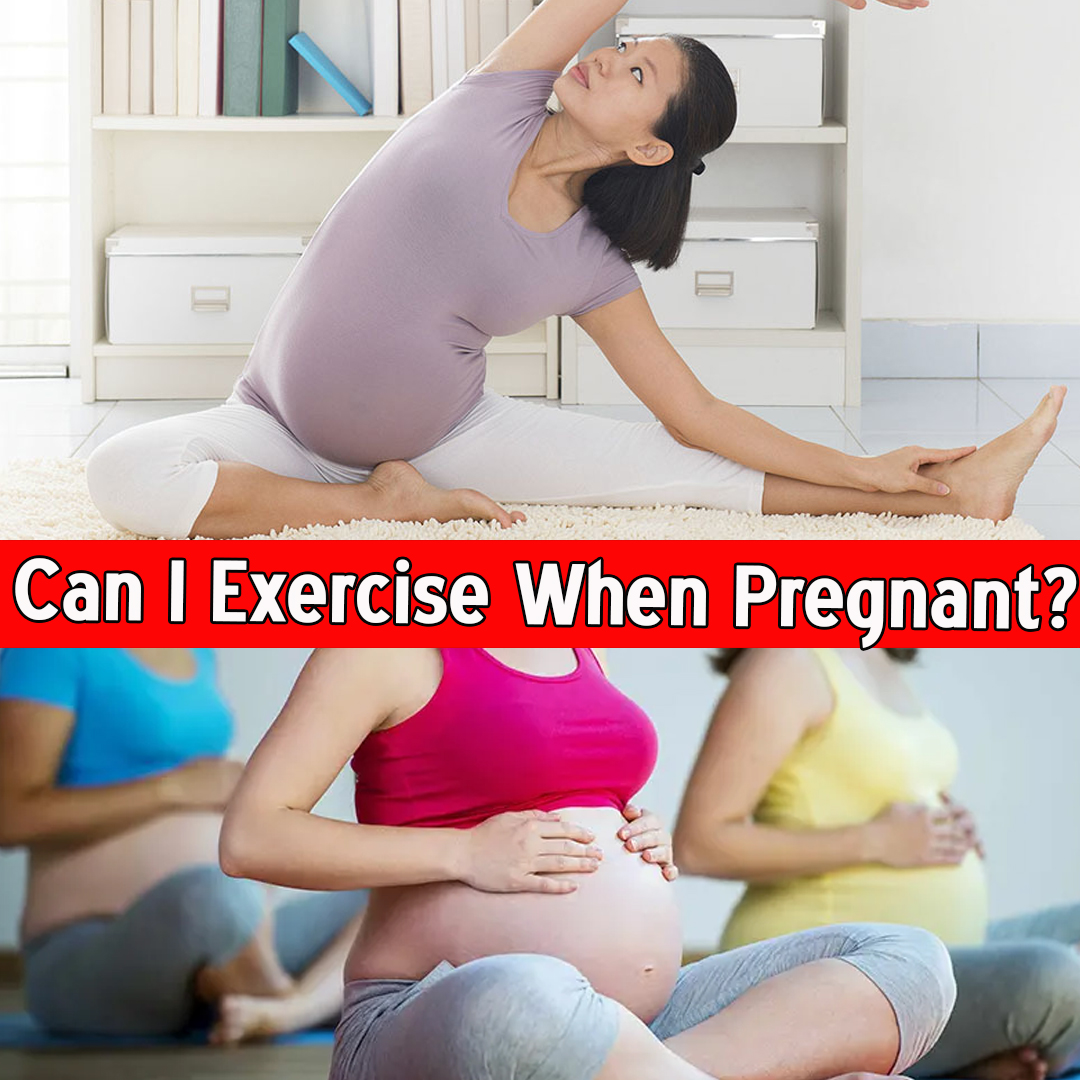
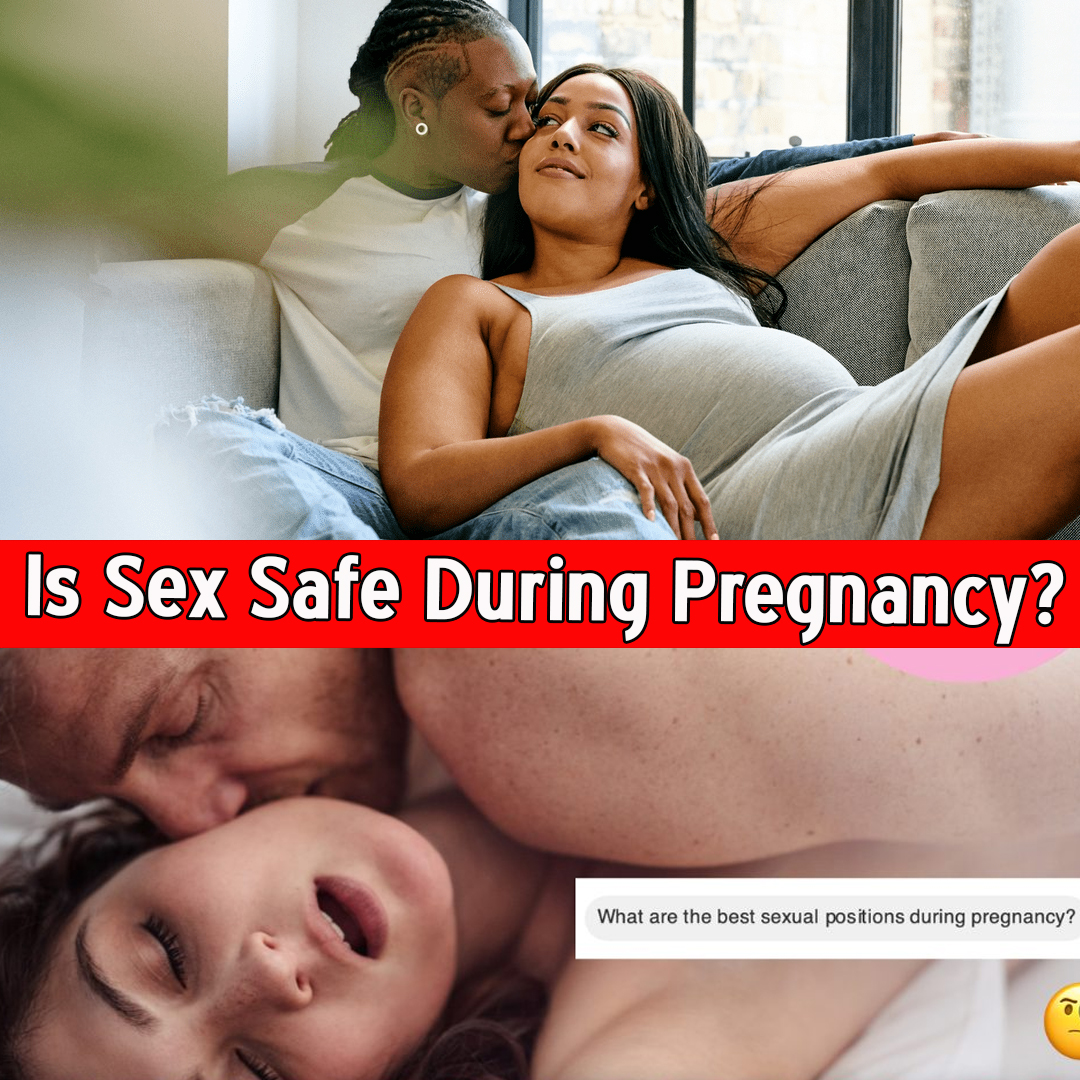
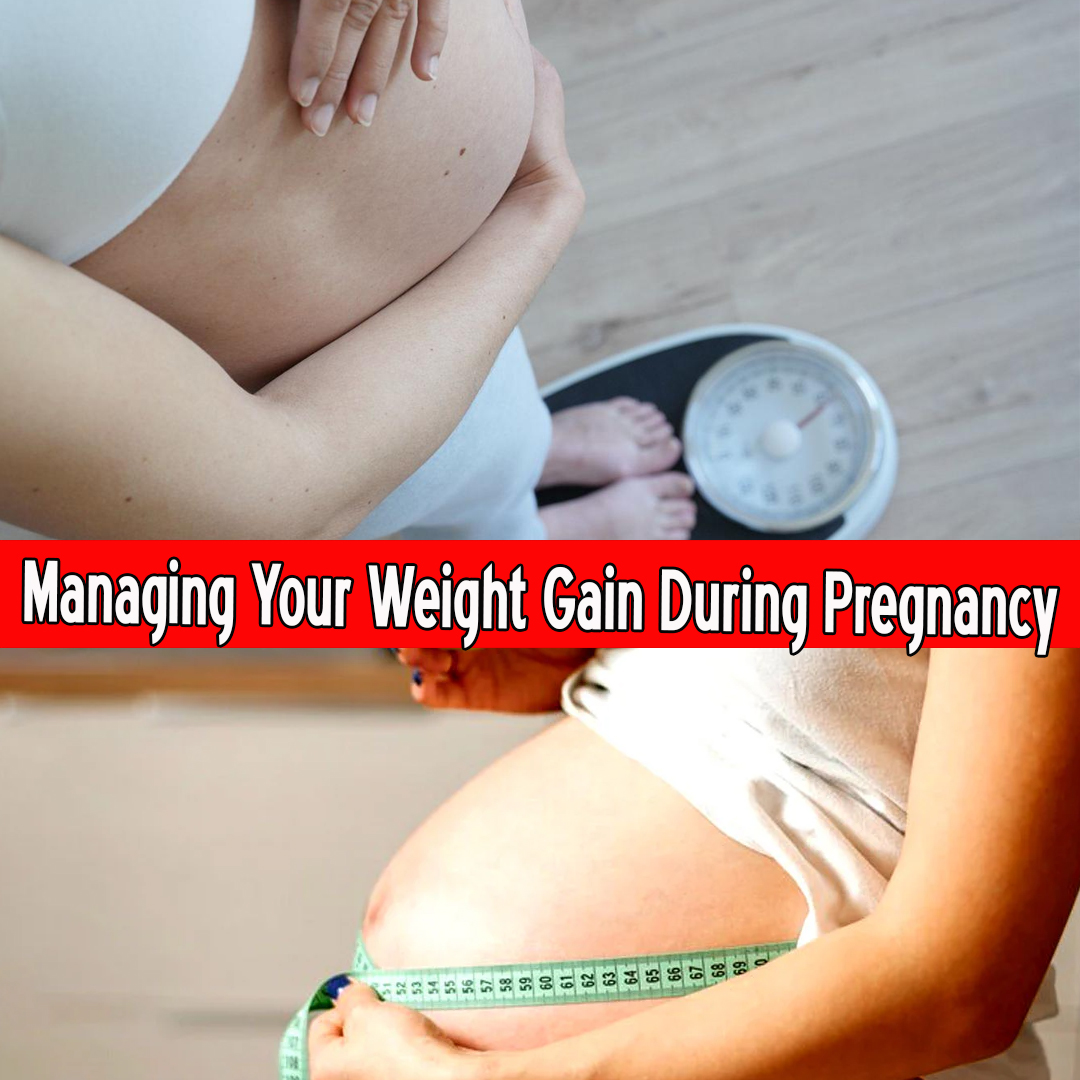


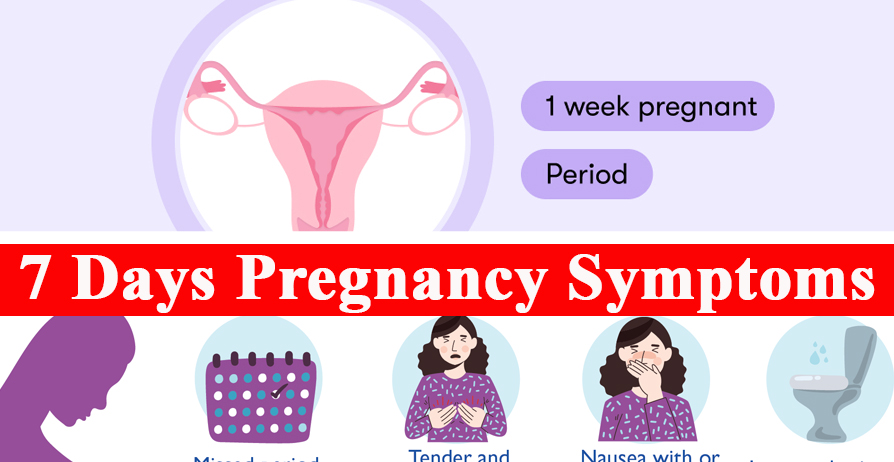


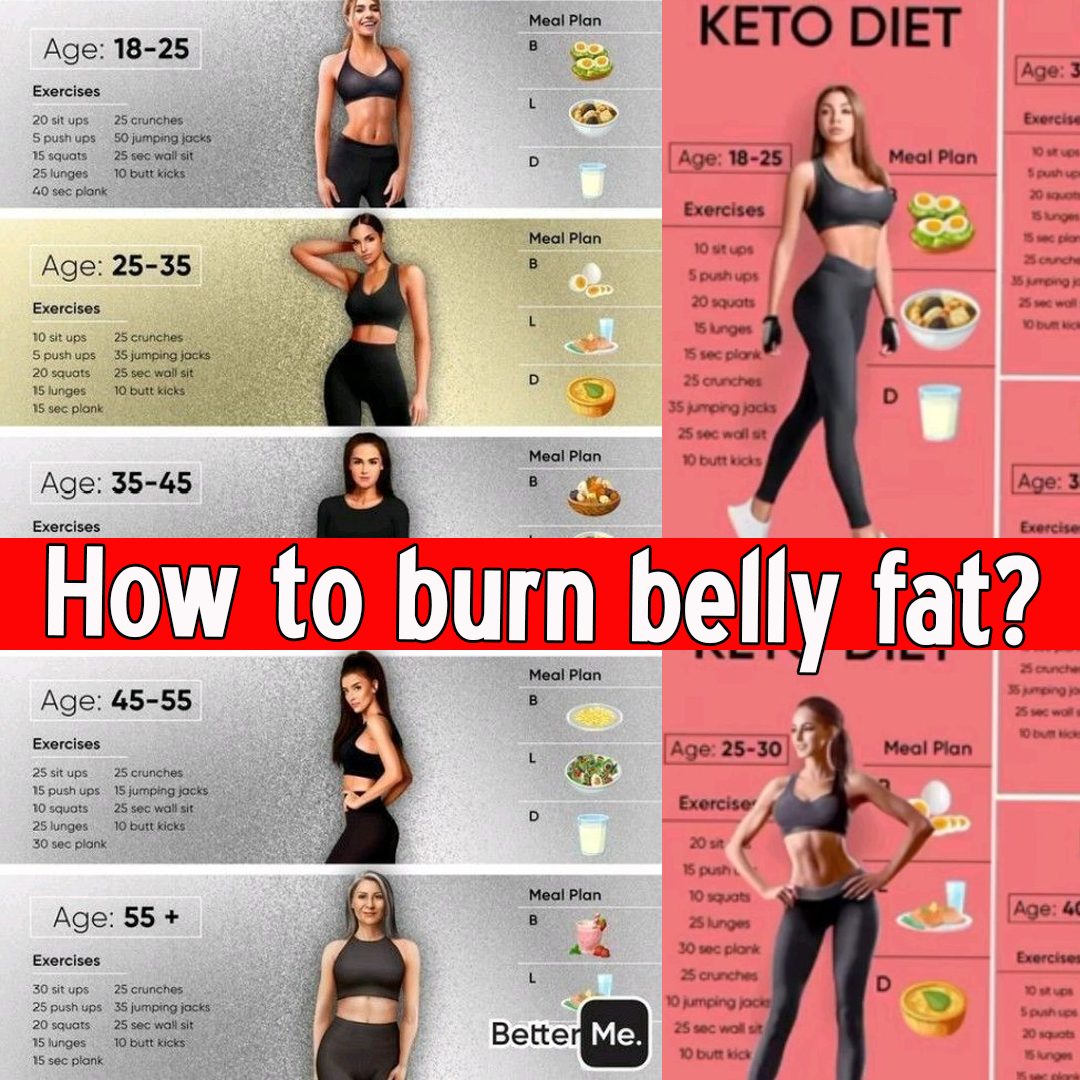
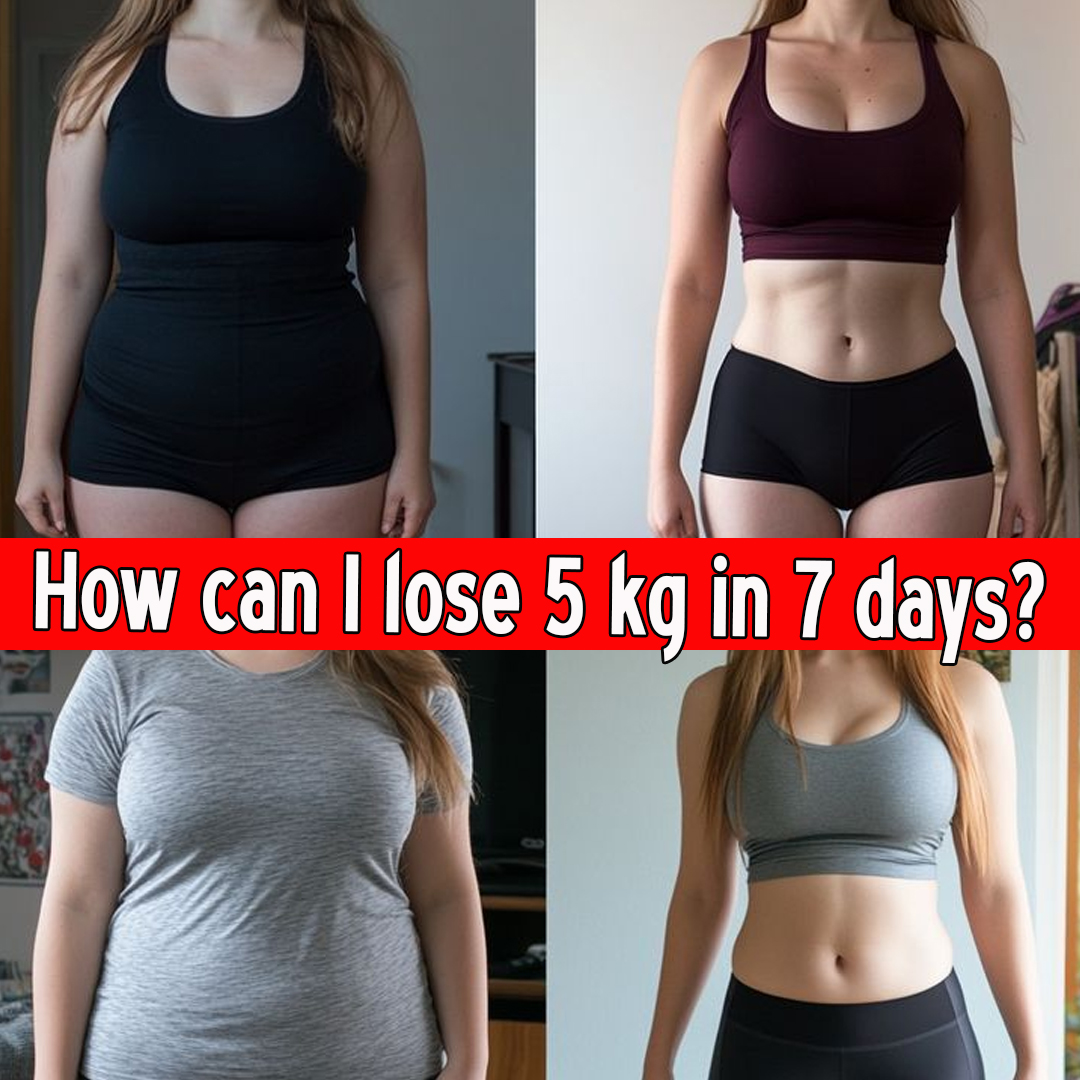
Leave a Reply